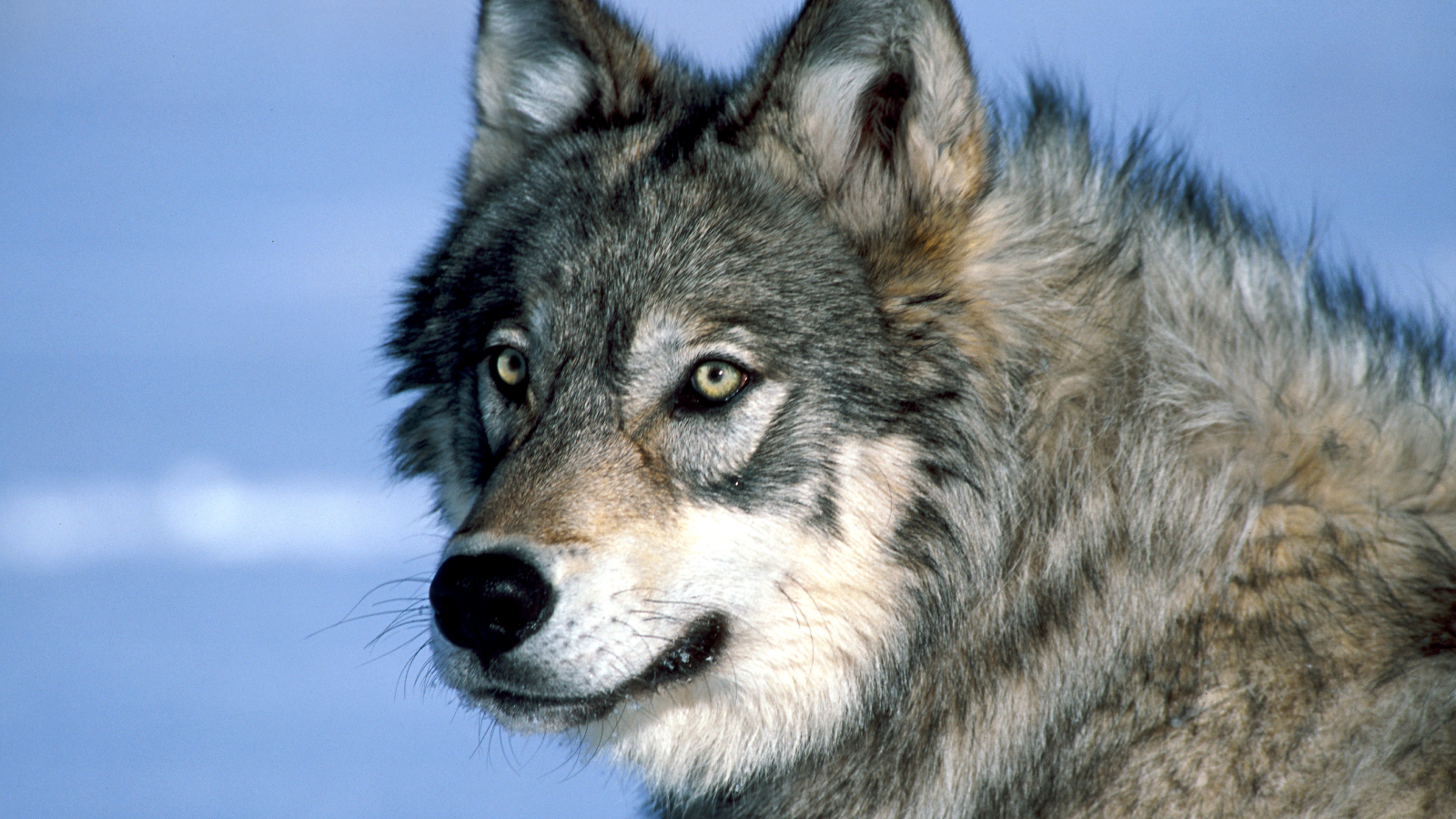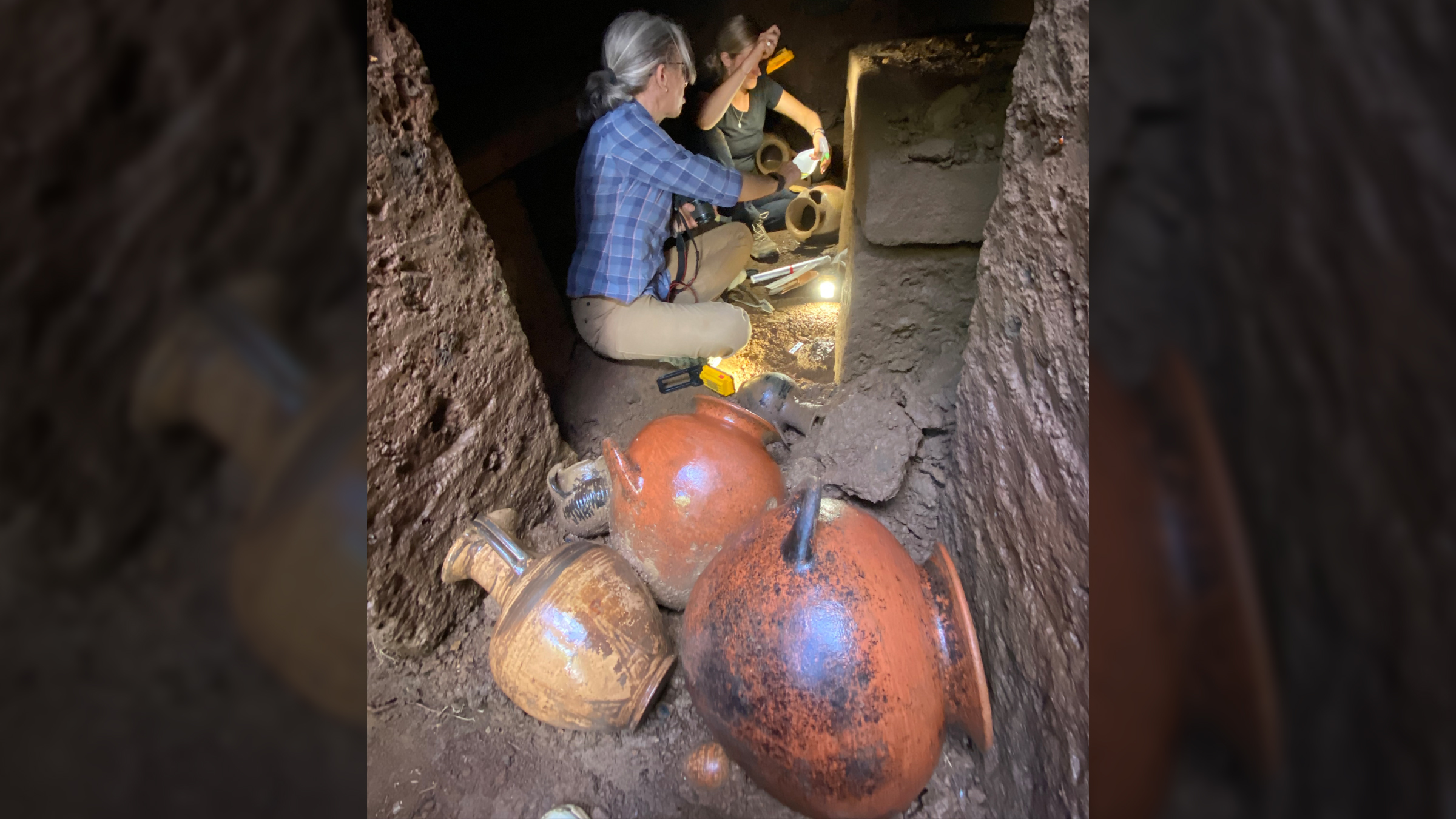Why do cats bring their owners dead animals?
If you let your cat wander outside, they may come home with an unpleasant surprise, like a dead bird or rodent, in its jaws. This may be bewildering to pet owners. After all, why would your cat kill an animal without the need to eat it and then give it to you as a “gift”?
It isn’t because you aren’t feeding Fluffy enough. Instead, it lies in your kitty’s evolutionary history. “Cats are predatory by nature,” said Dr. Stephanie Liff, a veterinarian and medical director at Pure Paws Veterinary Care in New York City. Although cats were domesticated over 10,000 years ago, modern domestic cats have generally retained their instinct to catch prey. This means that they have a drive to hunt.
There are a couple of hypotheses for why cats bring their catch home, Emmanuelle Baudry, an urban ecologist at Paris-Saclay University, told Live Science. The main hypothesis is that this behavior is maternal. In the wild, mother cats go out and hunt and then bring the food back for their kittens. This not only feeds the young cats but also provides something for them to play, practice how to hunt and recognize prey. So, in the context of human pet owners, our cats may see us as “not so efficient kittens,” Baudry said.
But that doesn’t mean your pet is insulting you. To the contrary: “It’s somewhat of a compliment,” Liff told Live Science. “They feel comfortable in their home. They consider you part of their family.
Another theory, she said, is that cats may feel safer eating their prey at home rather than in the outside world. In this case, cats see your home as a place of refuge, where they can have their privacy, stash their cache, or eat their meal in peace.
Related: Why do cats have ‘toe beans’?
Although some cats hunt constantly, others rarely do. Researchers have long noted this discrepancy among domestic cats. There are three main factors that seem to affect whether a cat is a frequent hunter: its personality, the surrounding environment and how owners manage their cats, Baudry said.
In a 2023 study in the journal Ecology and Evolution, Baudry and colleagues dove into the factor of personality. Their study showed that dominant, aggressive and active cats, as noted by their owners, brought back more dead animals into the home. In contrast, cats that were shy and friendly with their owners tended to bring home less prey.
The study, as well as other research, also found that how much hunting a cat does depends on both its environment and how much time it spends outside. For instance, a cat that lives in a rural area may have more space to roam and access to more prey than city cats do, so urban pet owners may get fewer dead animals brought to them than those in the countryside.
Can you stop them bringing home prey?
There are some steps you can take to reduce the number of unsightly gifts from your cat. “Just restricting what they’re able to find to kill can limit the behavior,” Liff said. This means keeping your cat indoors or taking down bird feeders near your home. However, Liff noted that a cat’s drive to hunt needs to be satisfied in other ways, such as giving them toys they can chase and pounce on.
Reducing the number of animals pet cats catch and kill is also good for nature. Cats are one of the leading causes of declines of wildlife populations; they kill billions of birds and mammals every year, even pushing some species on islands to go extinct. Keeping cats indoors is also beneficial for their health, Liff said, since prey may carry parasites, rabies or other diseases, like avian flu. It’s also helpful to get your cat vaccinated against these threats.
So the next time your cat brings you a dead animal, know that it’s a natural instinct and a potential form of affection and that there are ways to prevent these unwanted presents. “If you don’t want to see the behavior, you have to limit their access to do it,” Liff said.
Source link






